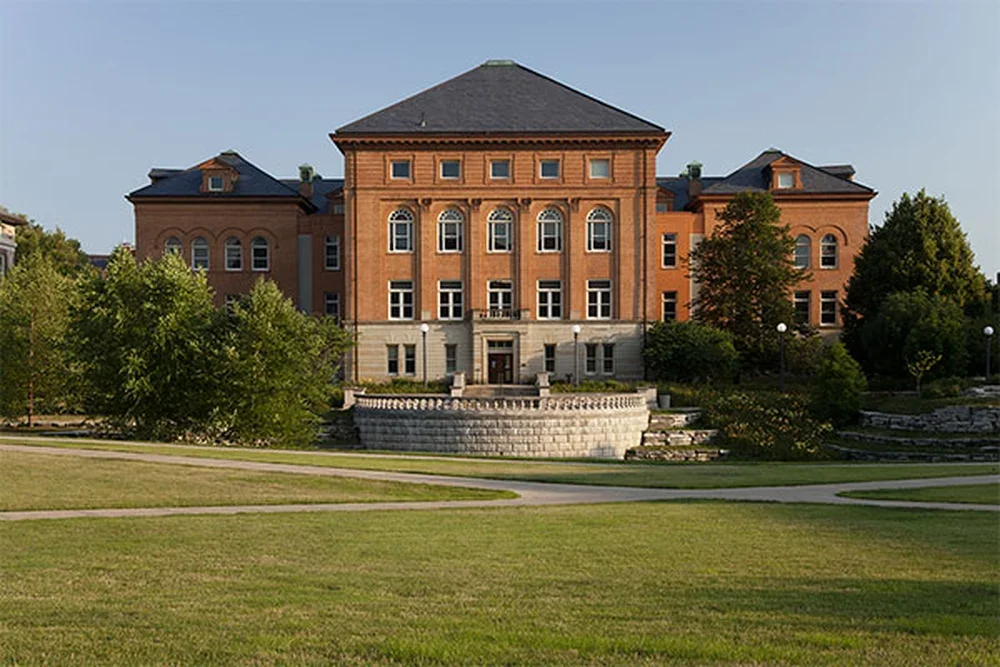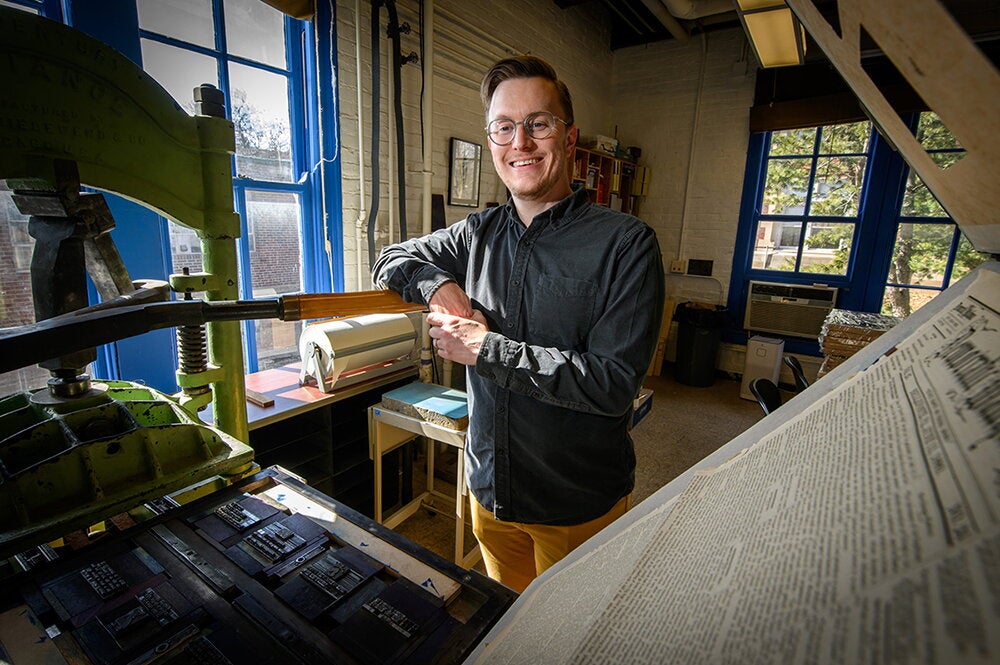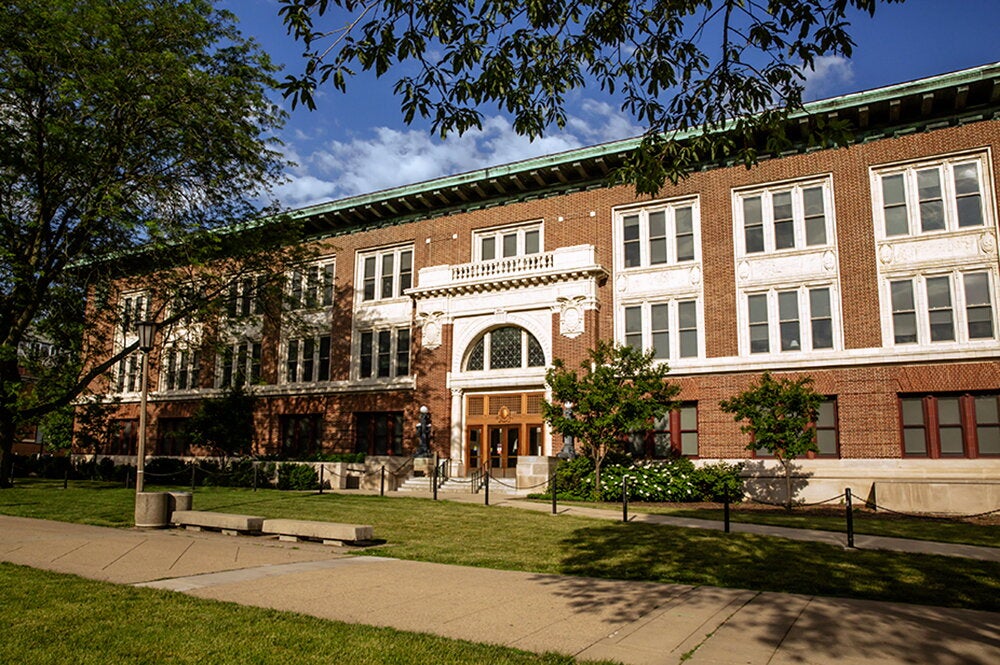
When LAS English assistant professor Audrey Petty was asked to prepare a paper for a panel titled "Edible Icons in Black (and White)" she knew she had to write about chitlins. The result of her efforts is the essay "The Sacred and The Profane: Late Night Chitlins With Momma."
"Chitlins' are a special kind of soul food in my family," Petty says, laughing. "This was the one dish that divided the household. The exercise was also great license for me to go back to this food I've never talked to anybody about."
Preparing pig intestines pitted Petty and her mother-the pro-chitlins camp-against her father and two sisters, who definitely loathed chitlins, especially the smell. Audrey describes the odor as "vinegary," and somewhat reminiscent of the farm at Lincoln Park Zoo. For those eight hours of cutting, cleaning, and cooking, the Pettys' South Side Chicago home filled with good-natured rancor. Audrey writes, " My father would groan, twist his mouth, and protest in vain. 'Why you got to be cooking them?' My two sisters would then back him up.'
Petty debuted her essay at the fifth annual Southern Foodways Symposium that was held for three days in October at the University of Mississippi at Oxford. The academic gathering that revolves around tasty spreads always collects a lively clutch of writers, cooks, musicians, restaurateurs, and anybody else who hungers for intellectual stimulus topped off with jambalaya and mustard greens. (Petty read just prior to "The Fried Chicken Throw Down.") The theme of this year's symposium was food and race. Among the presenters were Bernard Lafayette, who talked about the special relationship between prison cooks and jailed civil rights demonstrators; and Pulitzer Prize-winning author Diane McWhorter, who spoke about the role of African American service workers at a whites-only country club in the South.
Petty describes herself as a "first-generation Northerner," who never knew her grandmothers from Arkansas and Alabama. She misses their stories, "their embraces, their indulgence, and seeing my face in theirs. Chitlins tie me into family. They allow me to reconnect with my family history and the landscape that my parents came from."
The literary exploration of chitlins will continue in Petty's novel-in-progress. "The theme is repression and how certain stories are handed down in families and certain stories are not. I call the idea 'secrecy as a loving gesture.'" And, after several years of not cooking and eating chitlins together, she and her mother have a date in the kitchen this holiday season. Just the two of them, of course, along with a little hot sauce and cornbread.


